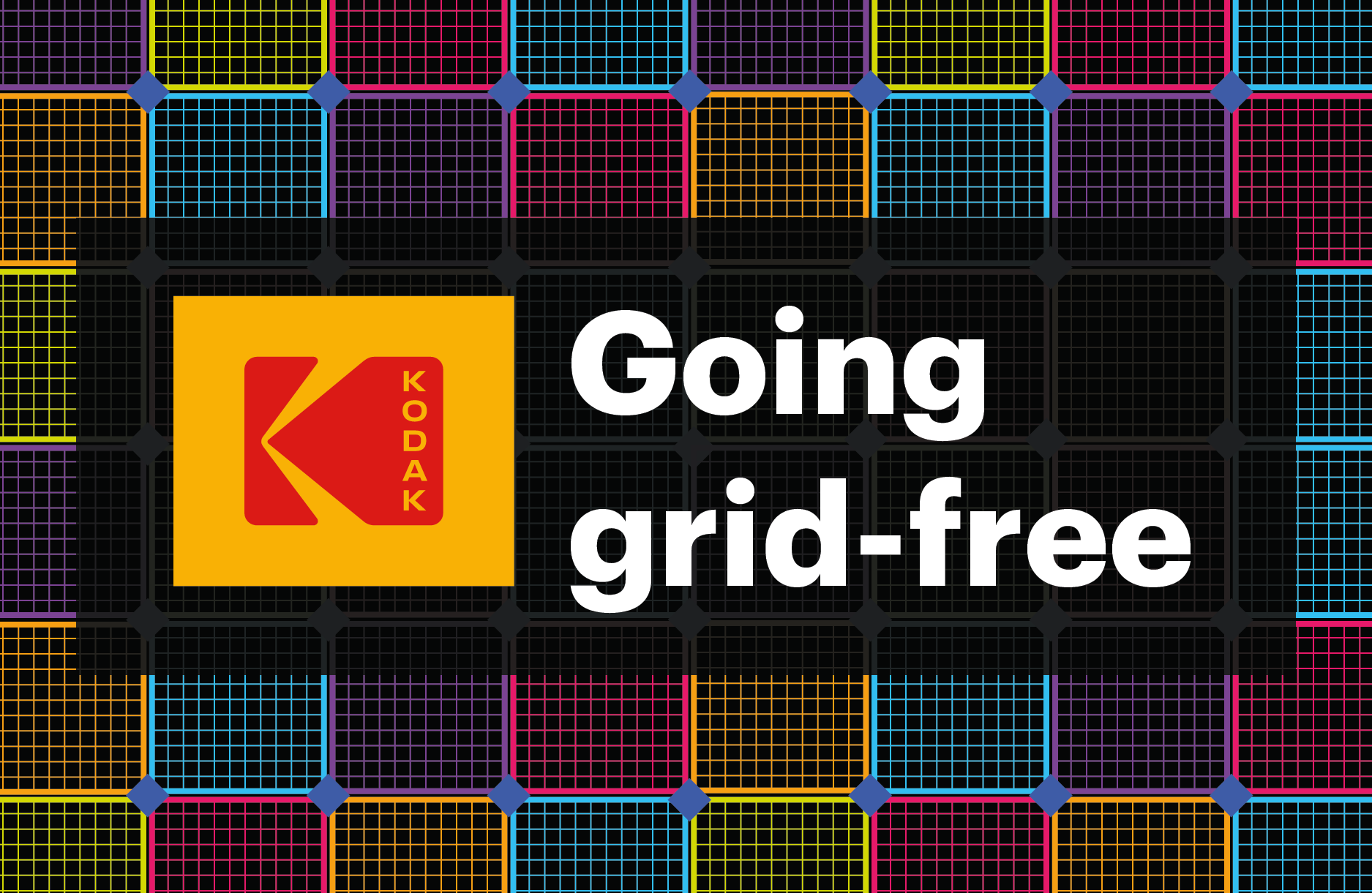The concept of going ‘off-grid’ is a fun and exciting notion in today’s hyper-connected world.
However, as a homeowner or small business owner in South Africa, the benefits of being more self-sufficient are numerous — from guaranteeing electricity during periods of load shedding to reducing your monthly electricity bills.
Why should you go off-grid?
Firstly, what does it mean to go ‘off-grid’?
In essence, taking your home or business off the grid entails relying on alternative energy sources to reduce your reliance on the national grid for electricity. Whether this looks like going completely grid-free and cutting off all links to the grid or using another energy source when the grid goes down, being less reliant on the grid is a desirable option for South Africans given the persistent bouts of load shedding taking place across the country.
So, if load shedding is continuing to get the better of your daily life, it’s time to make a change. One of the most viable ways to take your home or business off the grid is with solar power.
Swap to solar
Of course, installing a solar PV system is an investment with upfront fees. However, once you have paid off the initial costs, you can benefit from a free electricity supply for over 30 years. Solar power is one of the most popular forms of renewable energy in South Africa thanks to the country’s high number of sun hours each year, meaning there is often enough sunshine during the day to not only keep a home or business powered but also to generate and store any surplus power to use later.
Installing a solar PV system means you can make considerable savings on your electricity bills each month. Adding solar panels to your home or business will also likely increase its value and make it more attractive to potential buyers.
And did you know that more than 100 of the Fortune 500 companies rely on solar power instead of outdated and polluting fossil fuel technology? Global organisations such as Apple and IKEA have embraced the benefits solar energy has to offer.
What’s more, consumers are always on the lookout for businesses that are actively reducing their impact on the planet, so having solar panels installed at your site will undoubtedly boost your business’ reputation.
Tapping into the tiny house movement
For those living in suburban communities surrounded by houses that are connected to the grid, it might be more of a challenge to go grid-free.
But there is an initiative sweeping across South Africa that allows people to become more independent of the grid than ever before: the tiny house movement.
A ‘tiny house’ is a complete home with a small footprint of anything under 100m2. With its roots in minimalistic living, the tiny home movement is supported by homeowners looking to reduce their impact on the environment and enjoy a lower cost of living. As tiny homes use substantially less power and water than a traditional home, it is much easier to remove your reliance on the grid.
Learn more about tiny living in South Africa and how companies like Wanderlust Co. are pioneering the movement.
Are you interested in reducing your reliance on the grid? Explore the KODAK Solar load shedding Packages and find an installer near you today.




